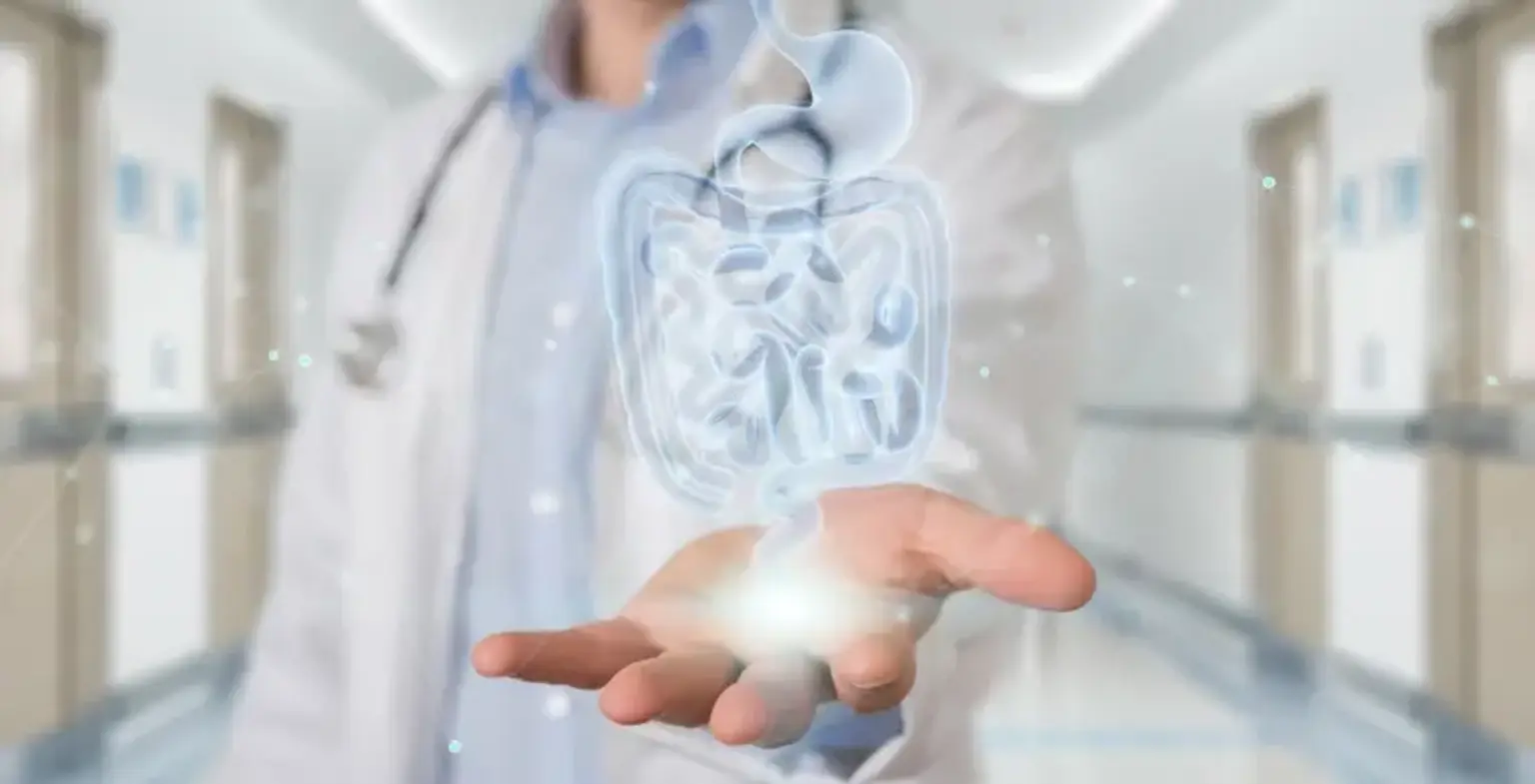Overview
Occasionally, nearly everyone experiences digestive disorders ranging from mild to chronic cases. Such conditions come with varying symptoms and can as well cause pain and discomfort. It also hinders the normal functions of the digestive system, triggering additional health issues.
Gastroenterology is thus a scientific specialty that can help you with such issues. It focuses on diagnosing, treating, and evaluating all conditions regardless of the severity, affected organ, and the patient’s age.
